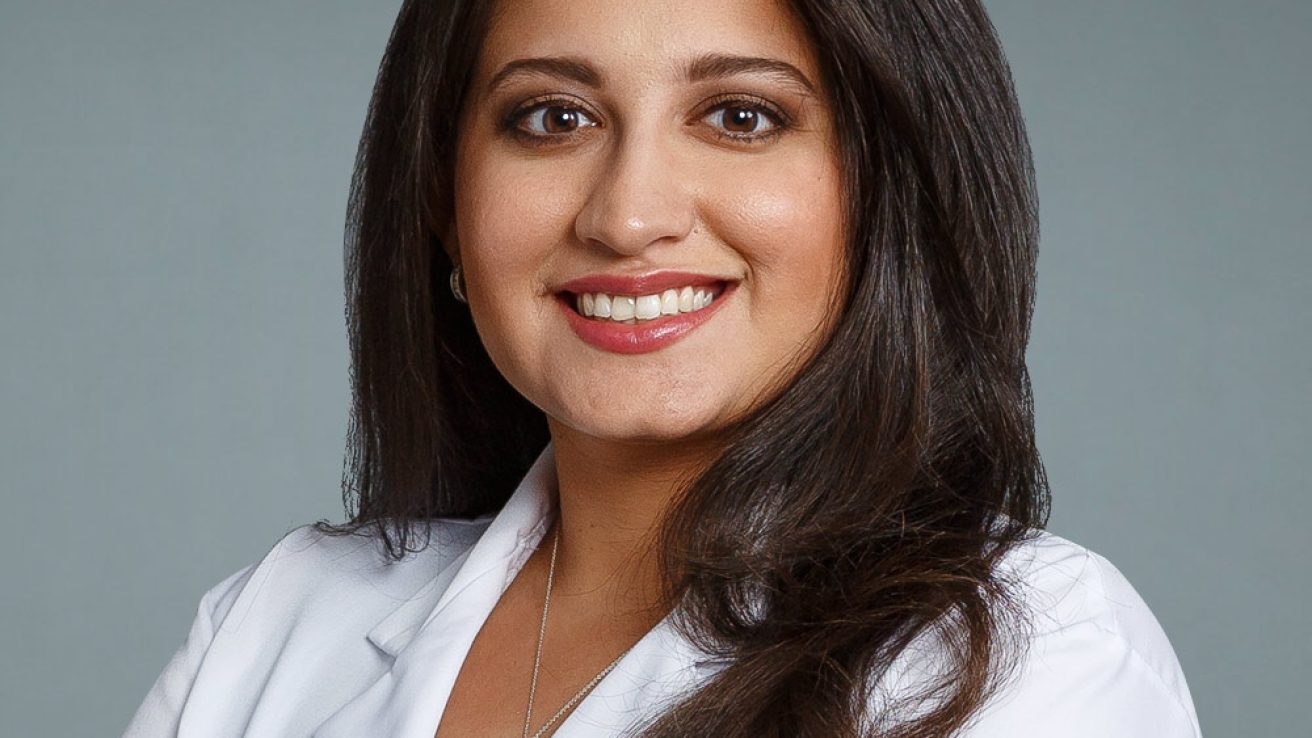In this MD Newsline exclusive interview with allergist and immunologist Dr. Purvi Parikh, we discuss how to provide culturally sensitive care.
MD Newsline:
How have you been able to implement culturally sensitive care in your practice? Do you believe doing so improves treatment adherence?
Dr. Purvi Parikh:
“Employing culturally sensitive care is extremely important because often cultural issues do impede medication adherence [and] treatment adherence. [With] the COVID-19 vaccine, for example, many of my patients in Black and Brown communities were initially distrustful of the vaccine due to betrayal in the past in certain medical experiences such as the Tuskegee experiment.
By addressing those issues and by having people from their communities involved in the clinical trials, advocating for the vaccine, it helps ease some of those issues. Furthermore, language barriers can often get in the way of medication adherence and treatment adherence. So we try to have the language available that the patient feels most comfortable speaking.
For example, if they’re Spanish-speaking, we have Spanish interpreters and staff. We also try to use translation services for other languages so that there is no miscommunication and better adherence.”
Responses have been condensed and lightly edited.







